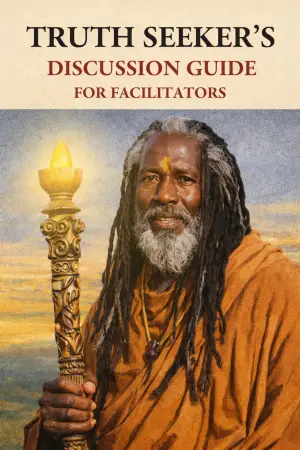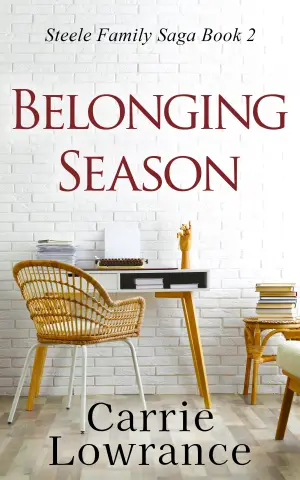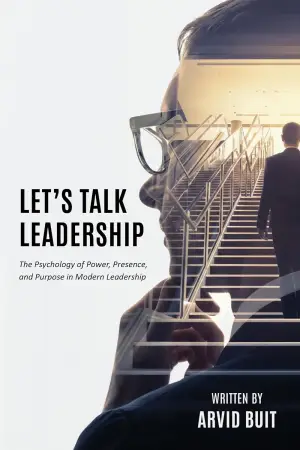
12 Aug Book Review of The Forgotten Magic of Zoey Turner
The Forgotten Magic of Zoey Turner: A Journey Through Grief and Fantasy
Sometimes, the most enchanting stories arise from the complexities of real life, and The Forgotten Magic of Zoey Turner by Raven M. Wells certainly promises an intriguing blend of magic and emotional depth. As a middle-grade title exploring themes of grief and anxiety, I was immediately drawn to its potential to connect with young readers facing similar challenges. However, while I appreciated the intent behind this story, it ultimately left me feeling like something was missing.
Zoey Turner, a young girl grappling with the loss of her father, seeks solace in the very fantasy worlds they once explored together. This poignant backdrop emphasizes the role of literature in processing emotions, a theme that resonates deeply. The connection between literature and healing is something near and dear to me, and I reveled in the depiction of the Ever After shop—a cozy indie bookstore that seemed to understand its patrons better than anyone else.
Zoey, however, is not just navigating the loss of her father; she’s also wrestling with anxiety in the wake of her trauma. The portrayal of her struggles, from an overwhelming fear of crowds to a fixation on germs, is commendable and mirrors the experience of many young readers today. Despite this, I found the character’s portrayal somewhat inconsistent—at times self-centered and secretive, leading to behaviors that felt more troubling than relatable. I yearn for stories where characters learn to communicate and grow, rather than perpetuate cycles of frustration and misunderstanding.
The narrative also featured familiar tropes often found in middle-grade fiction, like the “enemy turned friend” arc or the persistent undercurrent of crushes in the seventh-grade landscape. These elements felt a bit tired and detracted from the story’s otherwise rich emotional core. The dynamic between Zoey and her best friend, Lena, felt especially underdeveloped; their bond fluctuated in a way that echoed the unpredictability of childhood friendships without adding substantial growth.
One notable point for me was Zoey’s journey toward overcoming her anxiety. While I understand the need for a resolution, the swift resolution within a few days felt unrealistic. Anxiety and grief are processes that require time and persistence, and this portrayal might mislead young readers about the true nature of dealing with such emotions.
Furthermore, the characterization of the male figures in Zoey’s life raised questions for me; the absence of supportive father figures, coupled with the potentially troublesome portrayal of a mother moving on too quickly, lingered uncomfortably throughout the narrative.
Despite these critiques, the book does shine in its emphasis on friendship and the healing power of imagination. For young readers facing their own challenges—whether they resonate with Zoey’s anxiety or simply seek an escape into a magical world—the book offers moments of warmth and insight.
In conclusion, The Forgotten Magic of Zoey Turner is a solid read for children, particularly those who enjoy tales woven with grief and fantasy. Its heart shines brightly, even if some elements falter. I’d recommend it as a one-time read, particularly for those who appreciate magical realism with a contemporary twist. However, do keep in mind my perspective as an outlier; sometimes, our personal reading preferences shape our experiences more than the story itself.
Overall, I would give it 2.75 stars, and I hope it finds its way into the hands of discerning young readers.
Happy reading! 🌟
Discover more about The Forgotten Magic of Zoey Turner on GoodReads >>









